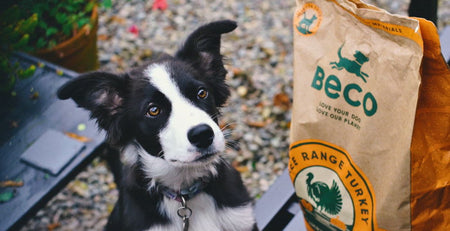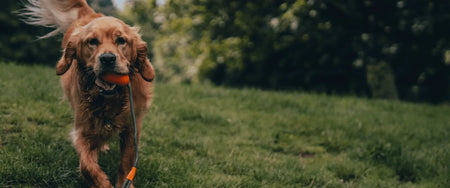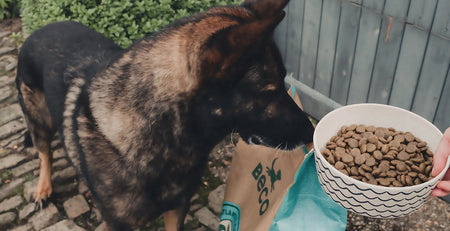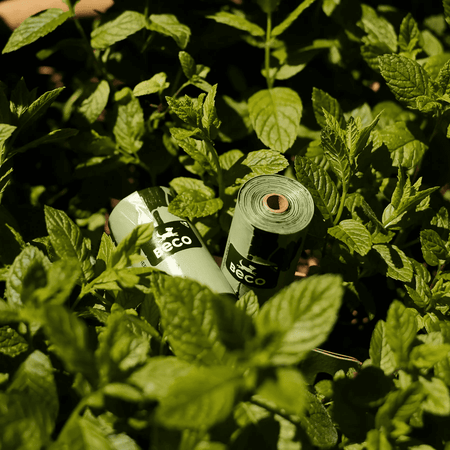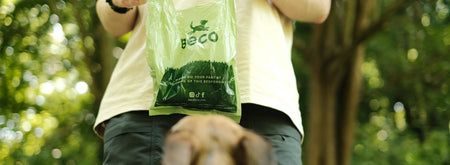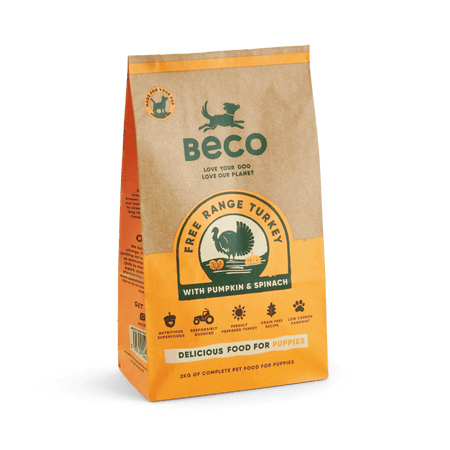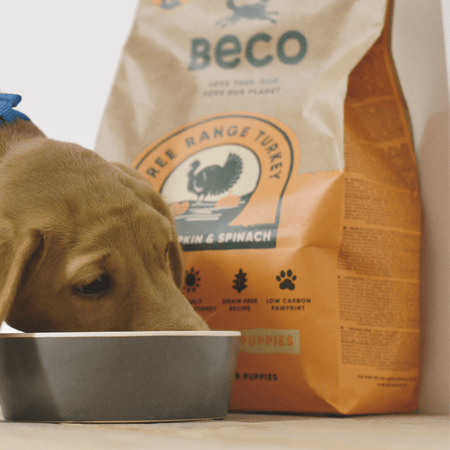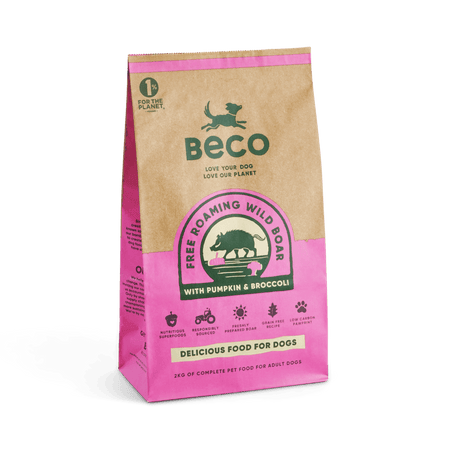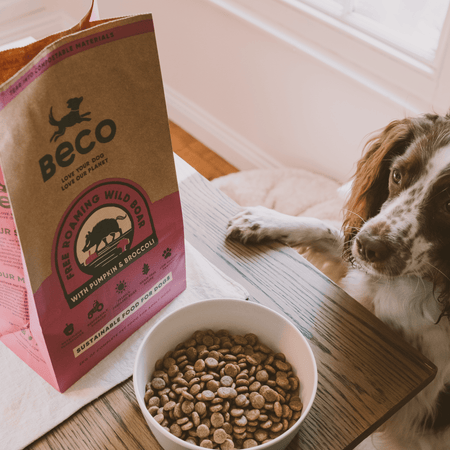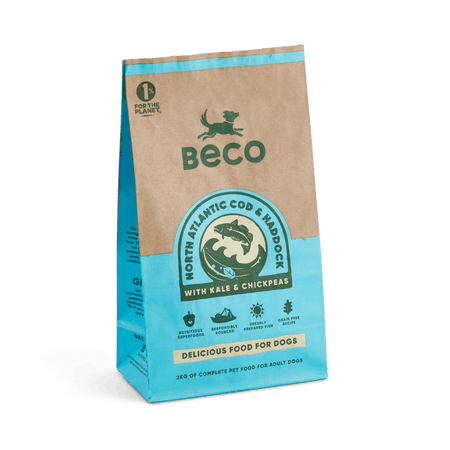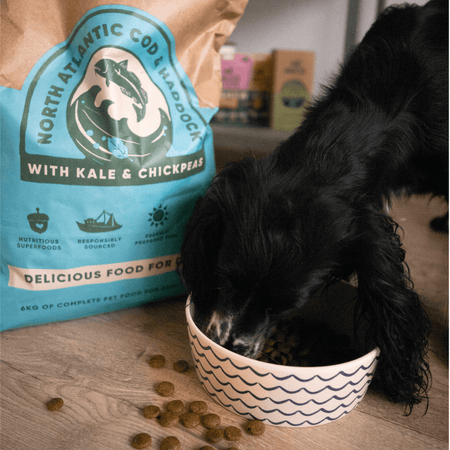Understanding the dietary needs of a puppy is paramount for any pet owner. A missed meal might seem harmless, but for a rapidly growing puppy, it can be a serious concern.
As they navigate their phase of swift growth and development, consistent and appropriate nutrition is crucial to support their burgeoning health and energy levels. We’re here to answer all the questions on how long a puppy can go without food. Keep reading!
Key Summary
- Puppies require consistent meals due to rapid growth and lack of fat reserves
.
- Duration without food varies by age, activity, and health condition.
- Prolonged lack of food can cause serious health issues in puppies.
- Regularly monitor eating habits and consult a vet with concerns.
How Long Can A Puppy Go Without Food?
Puppies, particularly younger ones, do not have the fat reserves that older dogs do which means that depending on size, they need to eat often, sometimes as much as four times a day. This makes them more susceptible to health risks if they do not eat regularly. While some dogs might occasionally refuse a meal or two, it's crucial to ensure that puppies eat consistently.
Now, let’s break down the duration a puppy can go without food based on their age.
| Age of Puppy | Duration Without Food |
|---|---|
| How long can a puppy go without food at night? | 8-10 hours |
| How long can a 6-month-old puppy go without food? | 6-8 hours |
| How long can a 3-month-old puppy go without food? | 4-6 hours |
𝐢 Puppies' dietary needs vary with age, but they generally should not go without food for more than 3-10 hours. Always ensure regular feeding to support their rapid growth and development.
How Long Can a Puppy Go Without Food After Exercise?
After rigorous exercise, a puppy might feel exhausted, but their metabolic rate would have increased. It is crucial to feed them within 1-2 hours after activity to replenish lost energy and aid muscle recovery. Prolonged food deprivation post-exercise can lead to fatigue and decreased immunity.
How Long Can a Puppy Go Without Food After Being Sick?
A sick puppy might refuse to eat due to loss of appetite. However, it’s crucial not to let this continue for more than 6-8 hours. Extended periods without food can worsen their health. Always consult a vet if a sick puppy refuses to eat for more than half a day.
How Long Can a Puppy Go Without Food After Birth?
Newborn puppies rely entirely on their mother's milk for nutrition. If a puppy is separated from its mother, it should be fed a suitable puppy milk replacement every 2 hours. After the first 24 hours, it becomes increasingly dangerous for a puppy to go without food, leading to weakness and potentially hypoglycemia.
How Long Can a Puppy Go Without Milk?
As milk is the primary source of nutrition for newborn puppies, let’s look at how long they can typically go without it.
Duration Without Milk by Age
First week
Newborn puppies need to nurse every two to three hours. Going without milk for more than a few hours can be critical, as they can become hypoglycemic (low blood sugar) and suffer from dehydration.
Second to third week
As puppies grow, they can start to go slightly longer between feedings, however, they still should nurse at least every 4 hours
Fourth week
By this age, puppies should start the gradual transition to solid food. While they still rely on milk (or a milk replacer) for nutrition, the duration they can go without it begins to extend. They should still nurse or receive milk replacer several times a day.
The Weaning Process
In the early stages of life, going too long without milk can lead to:
Dehydration
Puppies can become dehydrated quickly, showing signs like sunken eyes, dry gums, and lethargy.
Hypoglycemia
Milk provides puppies with the sugar they need. Without it, blood sugar can drop to dangerous levels, leading to symptoms like weakness, tremors, or even seizures.
Malnourishment
Extended periods without proper nutrition can hinder a puppy's growth and development.
How Long Can a Puppy Go Without Wet Food?
Wet food, often more palatable and easier to eat, is a popular choice for puppies. Typically, a healthy puppy can go about 12-24 hours without wet food, but this varies based on age and individual needs. Always ensure consistent access to water and monitor your puppy's behaviour for signs of distress or hunger.
How Long Can a Puppy Go Without Dry Food?
Dry food, or kibble, provides essential nutrients and helps in dental health for puppies. A puppy might manage without dry food for up to 24-48 hours, depending on their overall diet and age, however, prolonged absence of food can lead to health issues, so regular feeding schedules are recommended.
How Long Can a Puppy Go Without Food and Water?

Puppies, due to their smaller size and rapid metabolism, can become dehydrated quickly. They should never go more than 6 hours without water. If both food and water are denied, a puppy's health can deteriorate rapidly within a day.
Here's the main reasons why water is so vital to a puppy’s health:
Body Temperature Regulation
Puppies, especially certain breeds with thick fur, can overheat easily. Water aids in maintaining and regulating their body temperature, ensuring they don’t get too hot or too cold.
Nutrient and Oxygen Transport
Water facilitates the movement of essential nutrients and oxygen to cells and removes waste products from body cells. This is crucial for a growing puppy that needs adequate nutrients for healthy development.
Joint Lubrication
Just as with humans, water acts as a lubricant for a puppy’s joints. Given the high energy levels of puppies and their playful nature, their joints are continuously at work, and water helps keep them moving smoothly.
Digestion and Nutrient Absorption
Water aids in the digestion of food and the absorption of nutrients in the digestive tract. A puppy that doesn't drink enough water can suffer from digestive issues.
Detoxification
The body constantly produces metabolic waste. Water aids in flushing these waste products from the body through urination, keeping the puppy's internal systems clean.
Puppies, due to their smaller size, more active metabolism, and less developed regulatory systems, can become dehydrated far more quickly than mature dogs. Dehydration in puppies can lead to symptoms like dry gums, sunken eyes, lethargy, and even skin that doesn’t return to its normal position when pinched.
𝐢 Keep the feeding area quiet and comfortable, away from high traffic areas to minimise disturbances. Gentle reassurance and positive interactions can also help your puppy adjust to the new changes more smoothly.
Why is My Puppy Not Eating?

A puppy refusing to eat can be a cause for concern for any pet owner. There are various reasons why this might be the case.
Understanding the potential causes of why your puppy is not eating and their solutions can help ensure that your furry friend gets the nutrition they need. Potential reasons include:
Dental Issues
Changes in environment
Digestive upset
Vaccination side effects
Behavioural issues
Stress
What Happens if a Puppy Doesn’t Eat for 24 Hours?
Puppies are full of energy and require consistent nutrition to support their rapid growth and active lifestyles. Going without food for 24 hours, especially at such a crucial stage of their development, can have significant adverse effects on their health.
Let's delve into the potential consequences and understand why it's essential to act promptly.
1. Hypoglycemia (Low Blood Sugar)
Puppies have a high metabolic rate, which means they burn calories faster than adult dogs. Without regular food intake, their blood sugar levels can drop quickly, leading to hypoglycemia.
Symptoms: Signs of hypoglycemia include tremors, weakness, disorientation, pale gums, and in severe cases, seizures.
Solution: If you suspect hypoglycemia, offering a small amount of a sugary solution, like honey or corn syrup, can help elevate their blood sugar levels temporarily. However, it's essential to consult with a vet immediately for further guidance.
2. Weakened Immunity
Nutrition plays a pivotal role in strengthening and supporting a puppy's immune system. A lack of essential nutrients can compromise their ability to fight off infections and illnesses.
Symptoms: Increased vulnerability to infections, slower healing times, and general lethargy.
Solution: Once the puppy starts eating, ensure they get a balanced diet with all the necessary vitamins and minerals. In the meantime, keep them in a clean, warm, and stress-free environment.
3. Digestive Issues
An empty stomach for extended periods can result in an imbalance of digestive enzymes and stomach acids, leading to issues like gastritis.
Symptoms: Vomiting, diarrhoea, or abdominal discomfort.
Solution: Offering small portions of bland food can help ease their stomach. If symptoms persist, a veterinarian can provide appropriate medications and dietary recommendations.
4. Lethargy and Dizziness
Lack of food deprives puppies of essential energy sources. This can cause fatigue, dizziness, and reduced enthusiasm for play or interaction.
Symptoms: Less responsive, slow movements, lack of interest in activities.
Solution: Introduce food slowly, ensuring it's easily digestible. Monitor energy levels, and if they don’t improve, seek veterinary advice.
5. Potential Organ Failure
Extended periods without food can strain a puppy's organs, particularly the liver and kidneys, as they try to generate energy from stored reserves.
Symptoms: Yellowing of the eyes or gums, decreased urine output, and unresponsiveness.
Solution: This is a critical situation. Immediate veterinary attention is required.
While adult dogs may be able to cope better with short periods without food, for puppies, even 24 hours can lead to severe complications. It's crucial to monitor your puppy’s eating habits and address any anomalies quickly. If your puppy refuses food, don't wait; consult a vet to understand the root cause and ensure your furry friend's health and well-being.
Frequently Asked Questions (FAQs)
Is it normal for puppies to skip a meal occasionally?
Yes, it can be common for puppies to occasionally skip a meal, especially if they had more treats than usual or aren't feeling particularly hungry that day. However, if your puppy consistently refuses meals over a day or exhibits other signs of distress or illness, it could indicate an underlying health issue or behavioural problem. Always monitor their eating patterns and consult a vet if you observe prolonged periods of refusal to eat.
What can I offer a picky puppy to stimulate appetite?
For puppies that are fussy eaters, providing a bland but appetising and healthy diet can often stimulate their appetite. Boiled chicken and rice are simple, easily digestible foods that most puppies find appealing. Additionally, several puppy appetite stimulants or enhancers are available at pet stores. These can be sprinkled over their regular food to make it more enticing. If you're considering introducing any new food or supplement, it's a good idea to discuss it with your veterinarian to ensure it's appropriate for your puppy's specific needs.
Conclusion
While puppies exhibit a range of behaviours and tolerances, their dietary consistency is paramount. In general, the maximum duration a healthy puppy should go without food varies from 3-10 hours depending on their age, however, these are just guidelines, and individual circumstances may differ.
Always prioritise the well-being of your furry friend by monitoring their eating habits and consulting a vet with any concerns. By being attentive and proactive, you ensure your puppy's health and happiness.
For nutritionally balanced puppy food, check out the grain-free range from Beco.

